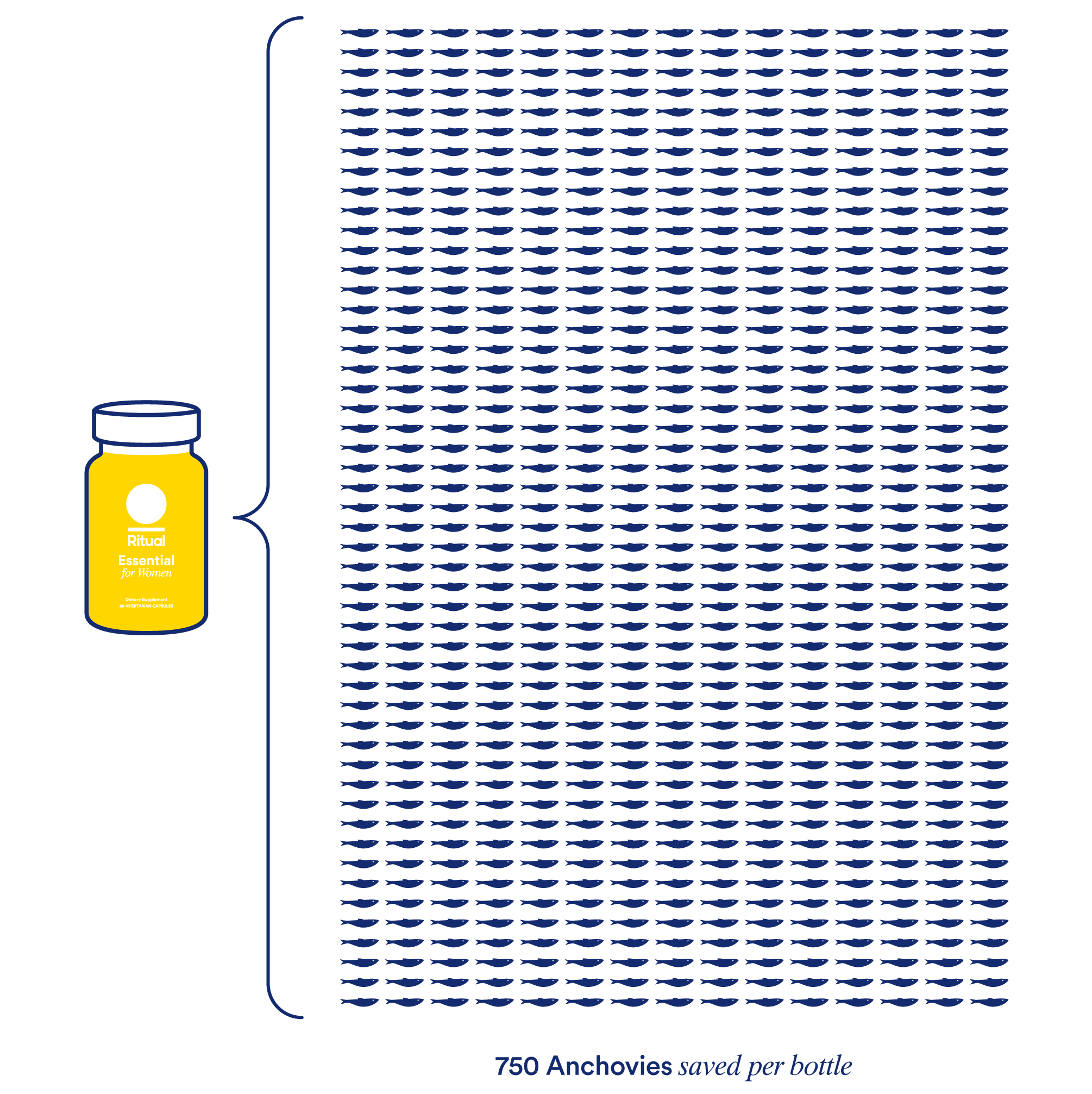ALA. EPA. DHA. What do these acronyms have in common? They’re types of Omega-3 fatty acids. But what do Omega-3s do, and why does the type of Omega in your multivitamins matter, anyway?
Mega Omegas: What They Do for You
To answer the first question, Omega-3 fatty acids help support your heart health and brain health. They’re also an essential component of cell membranes. Needless to say, it’s crucial that you get enough Omega-3s from food and supplement intake, because your body can’t efficiently synthesize them on its own.*
Types of Omega-3s: Not All Fatty Acids are Created Equal
EPA and DHA Omega-3 fatty acids are commonly found in shellfish, salmon, and tuna. Vegetarian sources are found in some foods like flaxseed, soybean, and canola, but they tend to primarily contain ALA. Your body can only convert a very small percentage (about 5%) of ALA to DHA and EPA, which is why many dietary supplements tout fish oil as an ideal source of Omega-3’s. Not exactly veg-friendly.*









